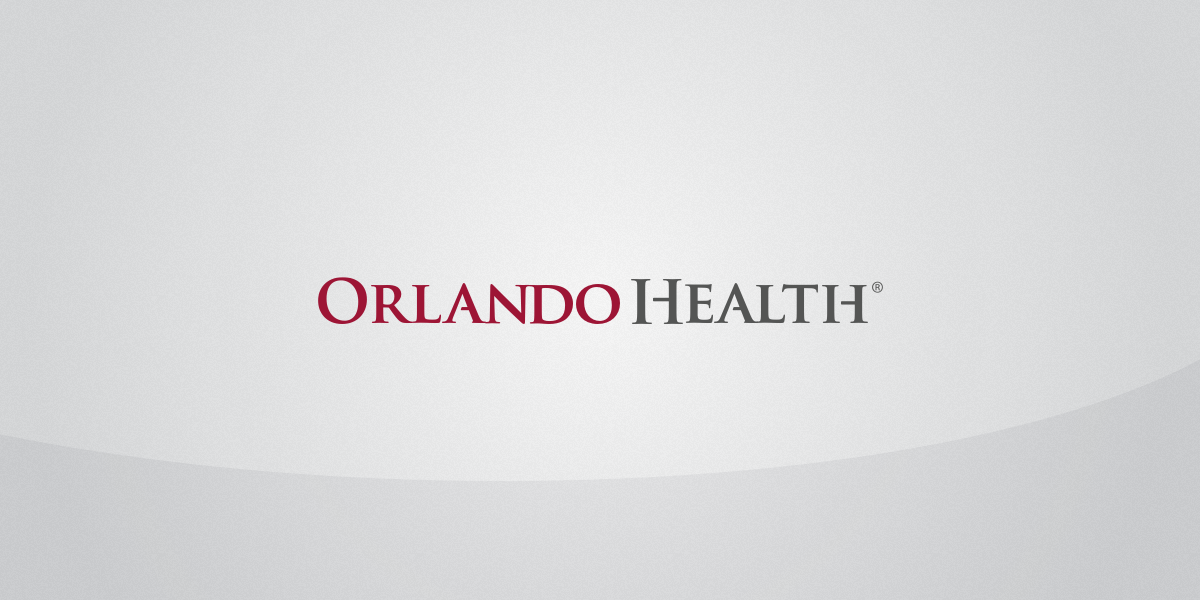Orlando Health St. Cloud Hospital using a portable AI-powered EEG device to detect non-convulsive seizures
Orlando, FL (April 1, 2024) Orlando Health St. Cloud Hospital will begin using a portable artificial intelligence-powered electroencephalogram (EEG) device at patient’s bedsides to quickly detect non-convulsive seizures.
Patients with epilepsy, brain injuries, infections, and stroke victims are among those who are at risk for non-convulsive seizures during their hospitalizations. Non-convulsive seizures can escalate to status epilepticus, which can cause long-term brain damage and neurological disabilities if not quickly treated.
Status epilepticus occurs when a non-convulsive seizure lasts more than five minutes or when a patient has more than one seizure within five minutes. The only way to identify this type of seizure is with an EEG.
The device consists of a headband and a pocket-size recorder equipped with artificial intelligence that automatically monitors and alerts for seizure activity. Results are shown in real-time at the patient's bedside or remotely, enabling accurate seizure triage.
“Our clinical team will be able to apply this device 24/7 whenever seizures are suspected, ensuring prompt intervention for any patients with confirmed seizure burden,” said Joel Santora, MD, MBA, critical care physician & chief quality officer, Orlando Health St. Cloud Hospital.
The hospital has expanded its services to form a collaborative and comprehensive coverage model that includes in-house critical care nurse practitioners, telemedicine critical care physicians, emergency medicine physicians and internal medicine hospitalists.
“We are excited to combine innovative technologies and a comprehensive clinical model to ensure Orlando Health St. Cloud Hospital consistently provides the highest quality care for our community,” Santora said.
The device is also in use at Orlando Health Horizon West Hospital, Orlando Health South Lake Hospital and Orlando Health – Health Central Hospital.
About Orlando Health
Orlando Health, headquartered in Orlando, Florida, is a not-for-profit healthcare organization with $9.6 billion of assets under management that serves the southeastern United States and Puerto Rico.
Founded more than 100 years ago, the healthcare system is recognized around the world for Central Florida’s only pediatric and adult Level I Trauma program as well as the only state-accredited Level II Adult Trauma Center in Pinellas County. It is the home of one of the nation’s largest neonatal intensive care units, one of the only systems in the southeast to offer open fetal surgery to repair the most severe forms of spina bifida, the site of an Olympic athlete training facility and operator of one of the largest and highest performing clinically integrated networks in the region. Orlando Health has pioneered life-changing medical research and its Graduate Medical Education program hosts more than 350 residents and fellows.
The 3,487-bed system includes 33 hospitals and emergency departments – 26 of which are currently operational with seven coming soon. The system also includes nine specialty institutes, skilled nursing facilities, an in-patient behavioral health facility under the management of Acadia Healthcare, and more than 375 outpatient facilities that include physician clinics, imaging and laboratory services, wound care centers, home healthcare services in partnership with LHC Group, and urgent care centers in partnership with CareSpot Urgent Care. More than 4,950 physicians, representing more than 100 medical specialties and subspecialties have privileges across the Orlando Health system, which employs more than 29,000 team members and more than 1,400 physicians.
In FY 23, Orlando Health cared for 197,000 inpatients and 6.6 million outpatients. The healthcare system provided nearly $1.3 billion in total impact to the communities it serves in the form of community benefit programs and services, Medicare shortfalls, bad debt, community-building activities and capital investments in FY 22, the most recent period for which this information is available.
Additional information can be found at http://www.orlandohealth.com, or follow us on LinkedIn, Facebook, Instagram and Twitter @orlandohealth.









